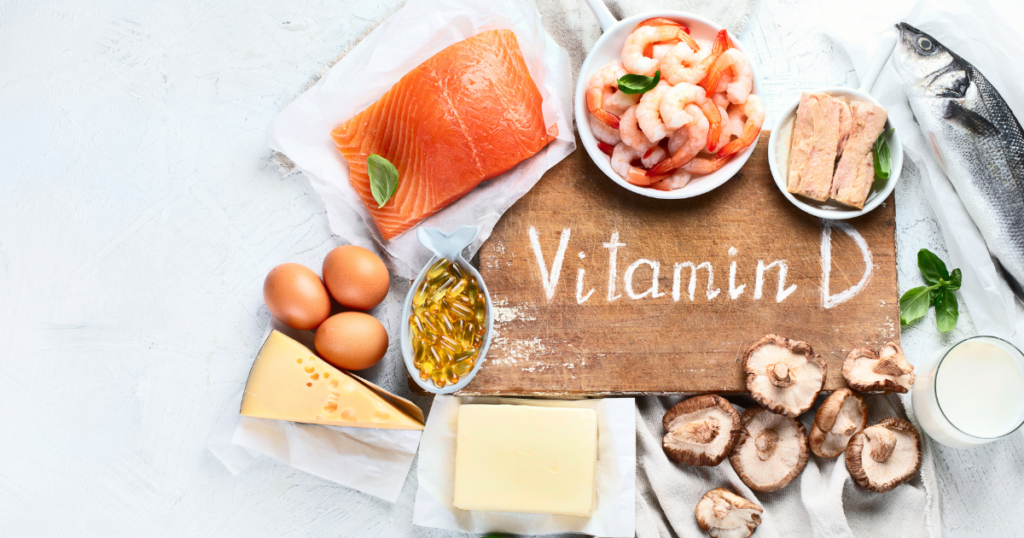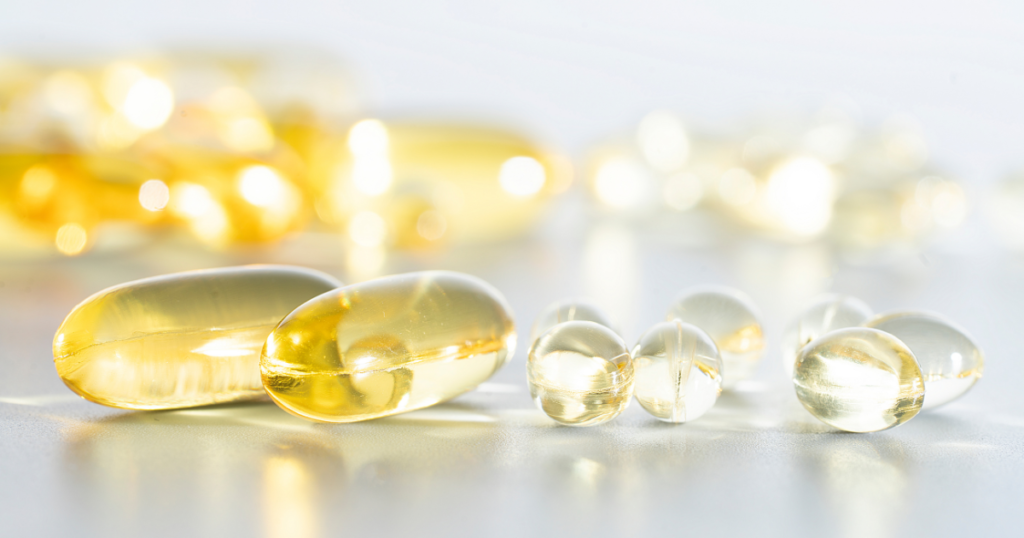Vitamin D Benefits UK | Why You Need to Take Vitamin D – NHS Advice
Vitamin D Benefits UK: Why You Need to Take Vitamin for Optimal Health | Everest Health Partnership

Vitamin D Benefits UK: Why Taking Vitamin D Supplements is Essential to Get Enough Vitamin and Prevent Deficiency
Vitamin D is essential for maintaining strong bones, teeth, and muscles. In the UK, where sunlight exposure can be limited—especially during autumn and winter—many people may struggle to get enough vitamin D from sunlight alone. This is why the NHS and the Department of Health and Social Care recommend taking a daily supplement containing 10 micrograms of vitamin D to help prevent deficiency and maintain optimal health.
The Importance of Vitamin D Supplementation in the UK
Vitamin D helps the body absorb calcium, which is crucial for strong bones and teeth. A lack of vitamin D can lead to serious health issues such as rickets in children and osteomalacia in adults, both of which cause bone pain and softening of the bones.
Government advice suggests that everyone, including pregnant and breastfeeding women, children aged 1 to 4, and individuals with low levels of vitamin D, should consider taking a daily supplement containing 10 micrograms of vitamin D throughout the year. This is particularly important for those who:
- • Have dark skin (such as people from African-Caribbean or South Asian backgrounds), as their skin may not make enough vitamin D from sunlight.
- • Spend long periods of time indoors or always wear clothing that covers most of their skin.
- • Consume a diet that lacks certain foods rich in vitamin D.
How Much Vitamin D Do You Need?
The recommended daily intake for vitamin D varies depending on age and individual circumstances.
- • Children aged 1 to 4 should take a daily supplement containing 8.5 to 10 micrograms of vitamin D.
- • Adults and children over 4 years old need 10 micrograms of vitamin D a day.
- • Infants under 1 year need between 8.5 and 10 micrograms of vitamin D daily unless they are drinking 500ml of infant formula a day, which is already fortified with vitamin D.
Vitamin D may be naturally obtained from exposure to sunlight; however, during the colder months, the sun is not strong enough for the body to produce sufficient amounts. This is why it’s important to consider taking a vitamin D supplement during autumn and winter.
Best Sources of Vitamin D
Although sunlight on their skin is the best natural source of vitamin D, people should be able to get some vitamin D from their diet. Good dietary sources include:
- • Oily fish such as salmon, sardines, and mackerel.
- • Egg yolks and red meat.
- • Fortified foods such as breakfast cereals and fat spreads.
However, obtaining sufficient vitamin D from food alone can be challenging, which is why many people choose to buy vitamin D supplements to ensure they meet their daily requirements.
The Risks of Vitamin D Deficiency
A risk of vitamin D deficiency can lead to bone pain, weak muscles, and an increased chance of developing osteoporosis later in life. It is particularly concerning for those with low vitamin D levels due to limited sun exposure or dietary intake.
There has also been some discussion about vitamin D reducing the risk of coronavirus (COVID-19), but there is currently not enough evidence to confirm that taking vitamin D can prevent or treat COVID-19. However, ensuring that you get enough vitamin D from sunlight, food, or supplements can support overall immune health.

Where to Buy Vitamin D Supplements in the UK
You can buy vitamin D supplements at most pharmacies and supermarkets. Additionally, women and children who qualify for the Healthy Start scheme can get free vitamin D supplements.
At Everest Health Partnership, we recommend high-quality vitamin D supplements containing 10 micrograms of vitamin D to support your health all year round. Whether you’re looking for a daily supplement for yourself or your children, we offer trusted products to help you maintain optimal vitamin D levels through sunlight, diet, and supplementation. For more information, please go to the NHS website.
Non-urgent advice: Please Note
Our skilled reception team is committed to connecting you with the most suitable member of our clinical team. To ensure you receive the highest level of care, they may ask a few quick questions about the reason for your visit.


